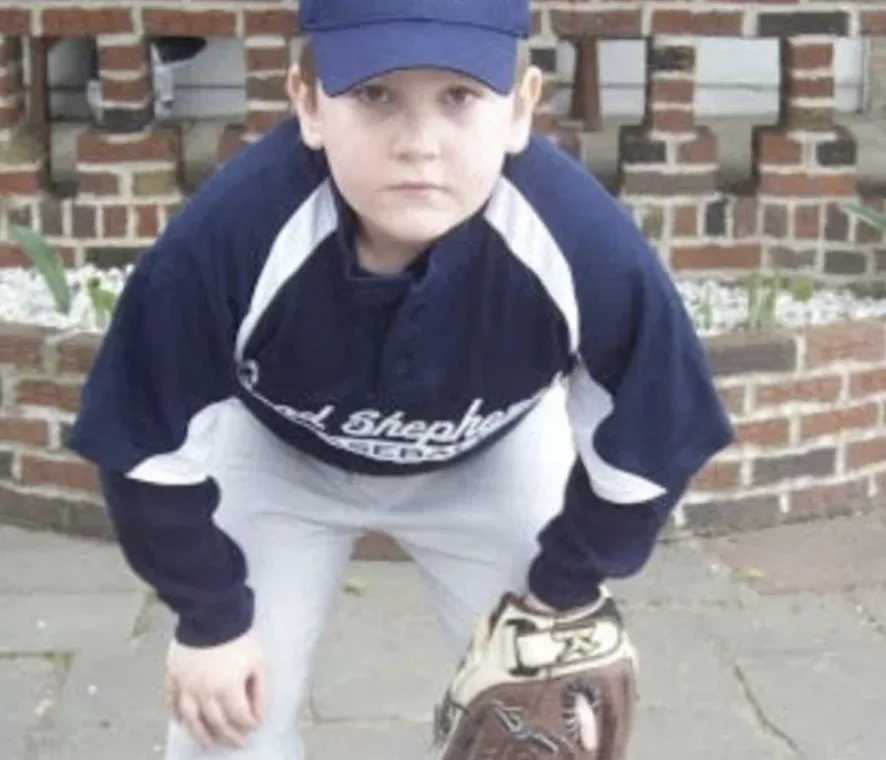Here’s a new phrase in parenting lexicon – “Parental Delay.” What is parental delay, and more importantly, are you practicing this style of parenting with your children? There has been much discussion of the “helicopter parent,” and various other types of parenting, such as “The Authoritative, Authoritarian and Permissive Parent. It’s important to understand how each of these parenting approaches affect our children’s independence and readiness to “take on the world” in an appropriate manner at an appropriate time.
New York magazine recently published a piece about teens and parents’ unwillingness to let go. As hard as it is for parents to accept their baby is growing up, it is important to work privately on these feelings and to not interject a feeling of guilt or regression in our developing children to fill our needs as parents. We need to keep in mind the ultimate goal of raising children is to create good citizens of the world. If parents don’t let go appropriately they are delaying their child from growing up.
What’s Your Style?
If we examine the three basic types of parenting, each of us fits into one of these types, with overlap of course. In a nutshell, they are as follows:
• The Authoritative parent is one who guides and teaches, sets appropriate limits and is a bit more democratic.
• The Authoritarian is the “do as I say or else” type of parent, who expects obedience.
• The Permissive parent has few rules and limits and has a more let’s be friends-like approach to parenting.
And the ‘helicopter parent’ is one that constantly hovers over their child, taking to much responsibility for their experiences, often to the point of smothering their growth and development.
Regardless of the style of parenting that best describes you, you also have to address how you approach letting go of your children. In my work with clients I have noticed is a shift in parents as they ready tweens and teens into adulthood. This phenomenon may be more prevalent in the suburbs due to the need for transportation to activities and social engagements, but there must be a way to let our children grow without our constant intervention or eagle-eye view. There has been a shift in changing from helicopter parents to hovercrafts.
This is evidenced by a local school district that created a 6th grade academy because the children are not ready for the “middle school experience.” The authors of the plan explained that the children do not know how to work independently or organize their school planners. Yet, these students have had planners since Kindergarten. The authors of the 6th grade academy plan indicated that the children are too coddled, but paradoxically, the plan results in them remaining coddled for one more year because they are not ready to be in middle school. What happened to our kids that they are socially delayed? We need to examine our role as parents in this situation.
Tips for Teaching Independence
Your child’s independence and resiliency development starts at birth and is our job to create. We need to instill a sense of self-accomplishment and independence as a method to guide, not dictate. There are many resources to help us with this. Letting Go with Love and Confidence, by Dr. Kenneth Ginsburg, covers this topic especially well. At what point are you ready to let your children fly, within reason? It is imperative for us to start taking little steps to let them achieve big strides. Maybe it is allowing them to be responsible for buying their own movie ticket and attending the movie unchaperoned. Or, maybe it is allowing them to attend another safe activity without a constant parental presence. My town has a wonderful tradition known as Friday Night Skate, and although it is billed as an Open Skate Night, it morphed years ago into a middle school phenomenon which allows kids to be together in a loosely supervised environment, allowing them a taste of freedom and responsibility for a specific amount of time.
Guiding our children into the next step of independence is a gradual process. Constantly weighing pros and cons and thinking ahead to the end result is the key to success. As in everything else in your child’s development, it takes baby steps and there should be built-in safeguards. One effective method is to create a “safe phrase” with your child that can be used to get out of potentially dangerous situations with no questions asked. A text or phone call where they use this phrase allows them to get out safely without retribution by “friends.” For example, if you allow them to go to the mall, and a friend decides to shoplift, your child should be very aware that their job is to take care of their safety and get far away from the shoplifter. This is a perfect opportunity for them to use their safe phrase and get out of the situation. If your child fails to use the “safe phrase,” then the privilege of mall-walking with friends is scaled back to a degree that they can handle (and let’s remember that it is a privilege.) Maybe next time you will have to accompany them to the mall and hang around a bit. No tween or teen wants that to happen and that may be the incentive necessary to quickly learn the responsibility of self-preservation.
Our children will stumble and fall, and while it is our job to pick them up and encourage them to move on, we also must recognize that we should not follow them around with a pillow. To do so robs the child of the much-needed resiliency that is vital to development. Allowing your child to fail and take chances is a necessary rite of passage, and although we always want to protect our babies, we also need to let them go; safely, securely and incrementally. Let’s not delay their growth out of fear. We need to instill a sense of fearlessness and competence in our youngsters to fuel their passion and allow them to move forward and make great strides. We need to hold the fear for them and be their cheerleaders, but we should do it from the sidelines.
Linda Stern is a Licensed Clinical Social Worker (LCSW) who specializes in working with children, adolescents and families as well as being a parenting coach and freelance writer. She may be reached at LSTERNLCSW@gmail.com.

















